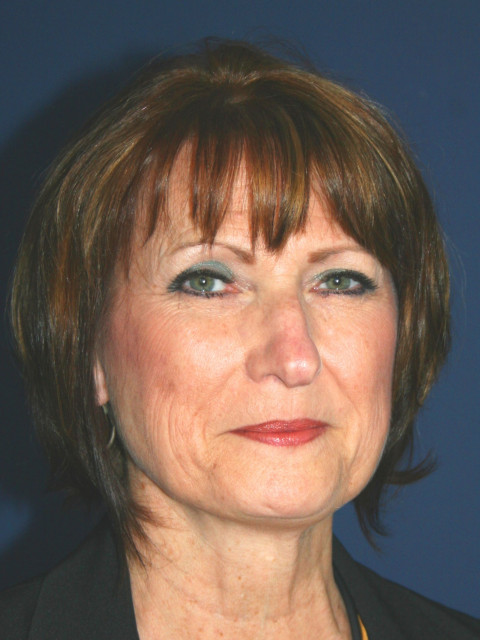
Telehealth Visits — Medicare Update
by Jill M. Young, CPC, CEDC, CIMC
January 31, 2025
With the new year comes more uncertainty. As you know, flexibility for telehealth services under Medicare was set to expire on December 31, 2024. Expiration of the flexibility would have meant that most telehealth visits conducted with patients since shortly after declaration of the COVID-19 Public Health Emergency (PHE), would not be eligible for payment. Telehealth visits would once again be subject to geographic and originating site restrictions.
The American Relief Act of 2025, which was signed into law on December 21, 2024, contained provisions to temporarily extend the telehealth flexibilities until March 31, 2025. Without additional action by Congress and the President, reimbursement for telehealth visits will once again be subject to the pre-PHE restrictions.
In early January, telehealth claims for offices visits were in limbo. According to sources at two different Medicare Administrative Contractors (MACs), there were no clear instructions from the Centers for Medicare and Medicaid (CMS) regarding processing and payment of telehealth services. It appears recent clarifications to services now allow MACs to process claims for telehealth services for dates of service in 2025.
In CMS’s CY2025 Physician Fee Schedule Final Rule it was stated, “Due to successive statutory extensions of the telehealth flexibilities implemented in response to the PHE for COVID-19 and adoption of other extensions where we have had authority to do so, CMS believed that it would be appropriate to allow interactive audio-only telecommunication.” The final rule allows for the provision of care using interactive audio-only communications if the following are met:
- The patient must be in their home;
- The physician or practitioner is technically capable of using an interactive audio/video real time telecommunications system, but;
- The patient is not capable of, or does not consent to, the use of video technology.
Because of this change, the regulatory definition of an interactive telecommunications system now includes two-way, real-time audio-only communication technology with application of the additional requirements provided above. No additional documentation is required other than the addition of appropriate modifier identifying the service. The modifiers to be used are “93” and, for Rural Health Clinics (RHCs) and Federally Qualified Health Centers (FQHCs), Medicare modifier “FQ” (Medicare telehealth service furnished using audio-only communication technology). Physicians have the option to use either or “both where appropriate and true, since they are identical in meaning.”
When looking at services provided as audio-only services, these present an additional challenge in that the codes have officially been deleted by CPT©. Even though these codes, 99441-99443, are listed in the Medicare Physician Fee Schedule database, they are not accepted by CMS. To bill for audio-only services, offices are instructed by their MACs to use the modifier 93 for audio only services with Evaluation and Management (E&M) codes, 99202-99215.
Place of service (POS) is an important detail to note in the visit’s documentation as there are two possible codes to select from: POS 02 – telehealth provided other than in the patient’s home; and POS 10 - telehealth provided in the patient’s home. Remembering that services where the patient either only has audio only capabilities or declines consent to the addition of video services are only allowed in POS 10.
As far as other commercial payers and what they will do for telehealth visits in 2025, the assumption is they will utilize the new CPT codes for telehealth services, 98008-98015 and 98016. Once again, physicians are left with two sets of codes and rules for services. CPT’s rules and CMS’s. For example, CPT’s rules have no requirement that the patient be in their home for telehealth services as CMS does.
As a result of regulatory issues, CMS is unable to convert to these new telehealth codes currently, with the exception of code 98016-brief virtual check in, which is a payable code for Medicare patients. Congress needs to address the issue quickly so offices will know what services they can and cannot bill for Medicare patients after March 31, 2025.

